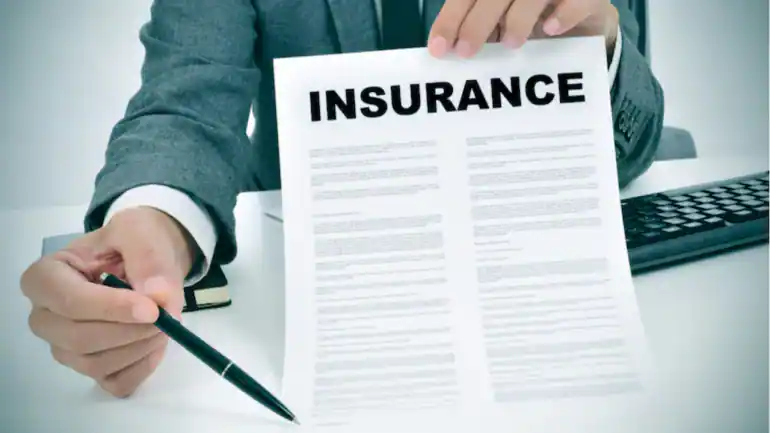The good news? Most of these blunders are entirely avoidable. With a little know-how and a bit of curiosity, you can make smarter, more confident choices that actually protect your wallet and your peace of mind.
Let’s look at seven of the most common (and expensive) insurance mistakes and how to avoid falling into them.
1.Not Comparing Insurance Companies
Too many people grab the first quote that lands in their inbox often from a company with a familiar jingle or a mascot in khakis. But insurance shopping isn’t like ordering fast food; it’s more like buying a car. You wouldn’t buy the first one you test drive, right?
Why it matters: Premiums for the same coverage can vary wildly between providers sometimes by hundreds or even thousands per year.
Pro tip: Use online comparison tools or work with an independent insurance agent who can shop around for you. A few extra minutes of effort could translate into years of savings and better protection.
2.Buying Too Much or Too Little Coverage
This is where most people go wrong swinging too far in either direction. Too little coverage leaves you exposed. Too much, and you’re paying for a safety net that’s never going to catch you.
Example: You might meet the minimum legal requirement for auto insurance, but that won’t cover damage to your own car after an accident. Conversely, keeping full coverage on a 15-year-old sedan? Probably not worth it.
Pro tip: Take stock of your assets, risks, and lifestyle. Customize your coverage so it fits like a tailored suit, no wasted fabric, no exposed seams.
3.Skipping Online Research (a.k.a. Trusting Your Gut Too Much)
Would you rent a hotel room without checking the reviews? Then why buy insurance from a company you haven’t vetted?
Why it matters: A cheap policy can quickly turn into a nightmare if the insurer drags its feet on claims or hides sneaky fees in the fine print.
Pro tip: Check customer feedback on sites like Trustpilot or the NAIC’s Consumer Complaint Index. Look for patterns, not just one-off rants. If multiple people mention poor communication or denied claims, take it as a warning, not a coincidence.
4.Using Different Companies for Every Policy
You might think piecing together different insurers for different needs saves money but it often does the opposite.
Why it matters: Most insurers offer generous bundle discounts when you combine multiple policies, like home and auto or renters and life.
Pro tip: Ask your current provider about bundling deals. Even a modest 10–15% multi-policy discount adds up over the years that’s money you can redirect toward your emergency fund (or, let’s be real, your next vacation).
5.Forgetting to Update Your Coverage
Life doesn’t stand still and neither should your insurance.
Common mistake: You remodel your kitchen, have a baby, or your teenager starts driving, but you never update your policy. That means when something happens, your “outdated” coverage might not reflect your actual risks.
Pro tip: Review your policies once a year or after every major life event. It’s one of the simplest, most overlooked ways to save money and stay protected.
6.Not Knowing What You Actually Need
Insurance isn’t a one-size-fits-all situation. Yet many people choose whatever seems popular, cheap, or “standard” without understanding what they’re actually buying.
Why it matters: This approach often leads to paying for coverage you’ll never use or discovering painful gaps when it’s too late.
Example: Renters often assume their landlord’s policy protects their belongings. It doesn’t. Likewise, if you only drive occasionally, you probably don’t need a high-mileage policy.
Pro tip: Think about your unique lifestyle and risks. The best policy isn’t the most expensive one, it’s the one that quietly has your back when life takes a sharp turn.
7.Focusing Only on Price
We all love a good deal. But when it comes to insurance, cheap can get very expensive.
Why it matters: The lowest-priced policy often comes with high deductibles, poor claims service, or exclusions buried in the fine print.
Example: You save $20 a month until you learn your “bargain” plan doesn’t cover high-value items stolen in a break-in.
Pro tip: Don’t just look at the price tag’s weight value. Read the fine print, compare coverage limits, and look at how the company handles claims.
The Bottom Line: Buy Peace of Mind, Not Just a Policy
Avoiding these mistakes doesn’t require insider expertise, just a little diligence, a few smart questions, and a willingness to look past shiny ads and catchy slogans.
Insurance isn’t just about covering losses; it’s about protecting your future self. So, whether you’re insuring your car, your home, or your life remember: you’re not just buying a policy. You’re buying peace of mind.



